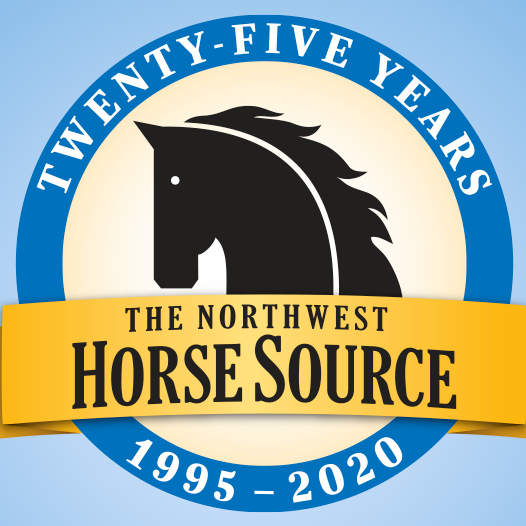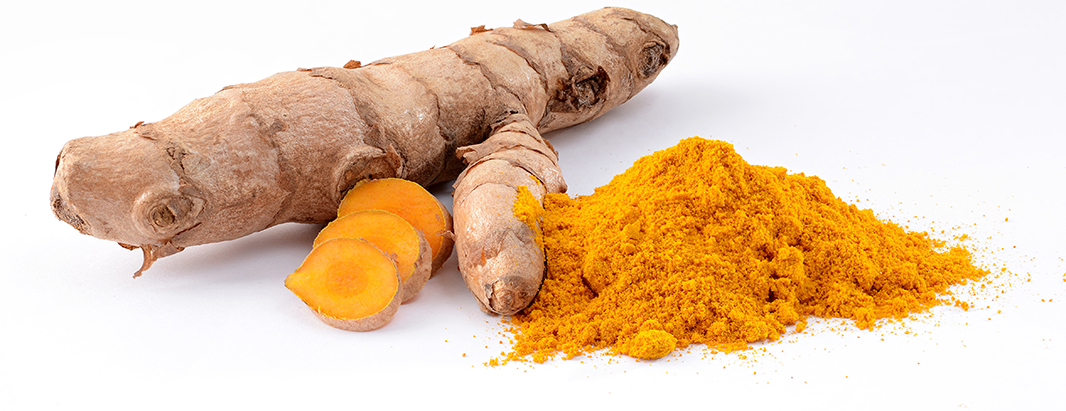By Juliet M. Getty, Ph.D.
Turmeric, an Asian spice, has an impressive resume of reducing inflammation, relieving pain, protecting against brain degenerative diseases, and suppressing insulin resistance. Research[i] has revealed that feeding turmeric to laboratory animals suffering from Type II diabetes (which involves insulin resistance) resulted in weight reduction and increased glucose utilization.[ii]
Turmeric also has potent antioxidant properties, making it valuable in reducing the inflammatory response caused by excess body fat. Reduction of oxidative stress due to inflammation can allow the horse to become more sensitive to leptin, as well as slow down the progression of equine Cushing’s disease.
The active ingredient in turmeric is curcumin. It is fat soluble, so there must be some source of fat in the meal to promote its absorption (e.g., ground flax, chia seeds, rice bran, oils, etc.). Curcumin amounts to less than 5% of turmeric, therefore, the exact dosage is not clear; however, feeding 2 to 4 tablespoons of turmeric per day to the average-sized horse is very well tolerated.
Permission to reprint this article is granted, provided attribution is given to Juliet M. Getty, Ph.D. No editorial changes may be made without her permission. Dr. Getty appreciates being notified of any publication.
Juliet M. Getty, Ph.D. is an independent equine nutritionist with a wide U.S. and international following. Her research-based approach optimizes equine health by aligning physiology and instincts with correct feeding and nutrition practices.
Dr. Getty’s comprehensive resource book, Feed Your Horse Like a Horse, is available at www.GettyEquineNutrition.com — buy it there and have it inscribed by the author. Or get it at Amazon (www.Amazon.com) or other online retail bookstores. The seven separate volumes in Dr. Getty’s topic-centered Spotlight on Equine Nutrition series are available with special package pricing at her website, and also at Amazon in print and Kindle versions. Dr. Getty’s books make ideal gifts.
Find a world of useful information for the horseperson at www.GettyEquineNutrition.com: Sign up for Dr. Getty’s informative, free e-newsletter, Forage for Thought; browse her library of reference articles; search her nutrition forum; and purchase recordings of her educational teleseminars. Reach Dr. Getty directly at [email protected]. She is available for private consultations and speaking engagements.
[i] Kim, T., Davis, J., Zhang, A.J., et. al., 2009. Curcumin activates AMPK and suppresses gluconeogenic gene expression in hepatoma cells. Biochem Biophys Res Commun. 388(2), 377-382.
[ii] Zhang, D.W., Fu, M., Gao, S.H., and Liu, J.L., 2013. Curcumin and diabetes: A Systematic Review. Evidence-Based Complementary and Alternative Medicine, 2013.

News from the horse industry. Sharing today’s information as it happens. The Northwest Horse Source is not responsible for the content of 3rd party submissions.






